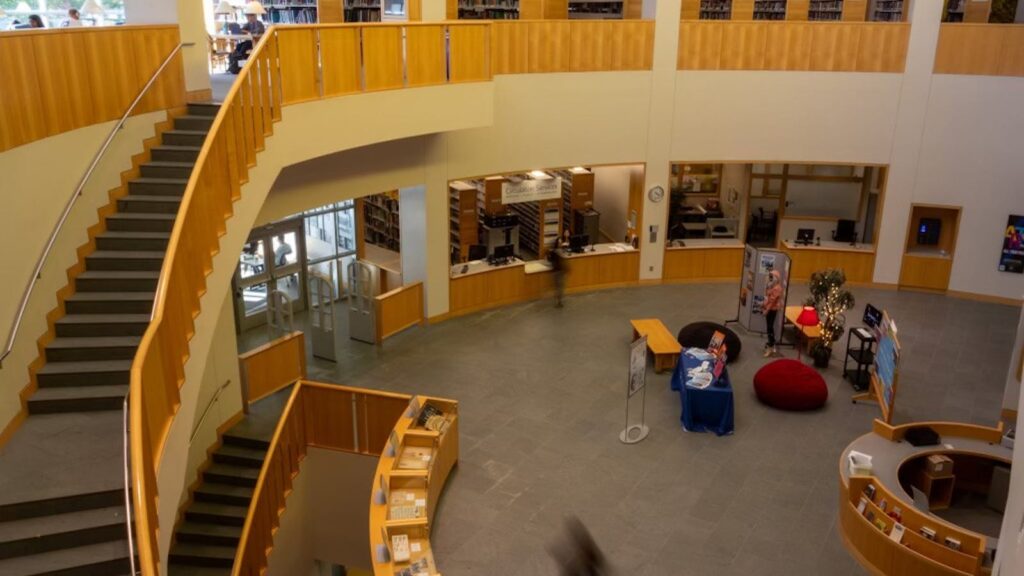The election of Donald Trump as President has prompted a wave of discussions and concerns within the academic community, particularly at Middlebury College. The implications of his victory have incited dialogue about the potential impact on higher education, focusing on fields such as environmental studies, race and gender studies, and international affairs.
Trump’s stance on restricting discussions of race and gender in schools has raised alarms. Professor Laurie Essig of Gender, Sexuality, and Feminist Studies expressed apprehension regarding potential nationwide bans on gender studies. She noted that some institutions are already bracing for challenges to gender and race theory from the administration.
Essig cautioned, “When political regimes get into place that ban books and make ideas dangerous, we should all be worried, not just those of us in Gender Studies. This is an authoritarian turn since it means outlawing certain forms of knowledge, thinking, and speaking.”
Despite these concerns, Professor Sarah Stroup, Director of the Kathryn Wasserman Davis Collaborative in Conflict Transformation, believes that Middlebury’s curriculum will remain relatively unchanged. “We’re a private institution and in a blue state. Our governor Phil Scott is a Republican but not a Trump or MAGA fan, so we’re kind of isolated from these,” she shared.
Stroup also highlighted potential impacts on her field of research, emphasizing how past policies under Trump affected support for international aid agencies. “In his prior term, we saw substantial reductions in support for UN aid agencies and the return of the ‘global gag rule’ (limiting aid to groups that provide reproductive access),” Stroup noted.
Trump’s suggestion to dismantle the U.S. Department of Education (DOE) has sparked debate. Associate Professor Jonathan Miller-Lane from Education Studies argues that while the complete removal of the department seems improbable, the loss of jobs could have significant consequences. “If you were to eliminate these jobs in the DOE you would lose important data collection and oversight regarding whether schools are complying with federal anti-discrimination laws,” he explained.
Miller-Lane further elaborated on the volatility of education as a political issue, quoting historian Bernard Bailyn: “Schools are often battlegrounds where we argue about who we think we are as a community and a nation.”
In environmental policy, Trump has expressed intentions to reverse carbon emission restrictions and repeal the Inflation Reduction Act. Professor Chris Klyza, an expert in Political Science and Environmental Studies, pointed out that constitutional checks might limit drastic changes. “The biggest changes, I think, are going to be limited just by what’s going on in Congress,” he stated, though he acknowledged the potential for significant budget cuts to agencies like the EPA.
The next four years are poised to be pivotal for academic disciplines amid these political shifts. Miller-Lane emphasized the importance of maintaining a collaborative environment at Middlebury, stating, “If we so choose, schools can be places where we collaborate, rather than battle, for the purpose of embodying the principles of a diverse, inclusive, democratic republic and fostering learning environments in which all students can thrive.”
Original Story at www.middleburycampus.com
